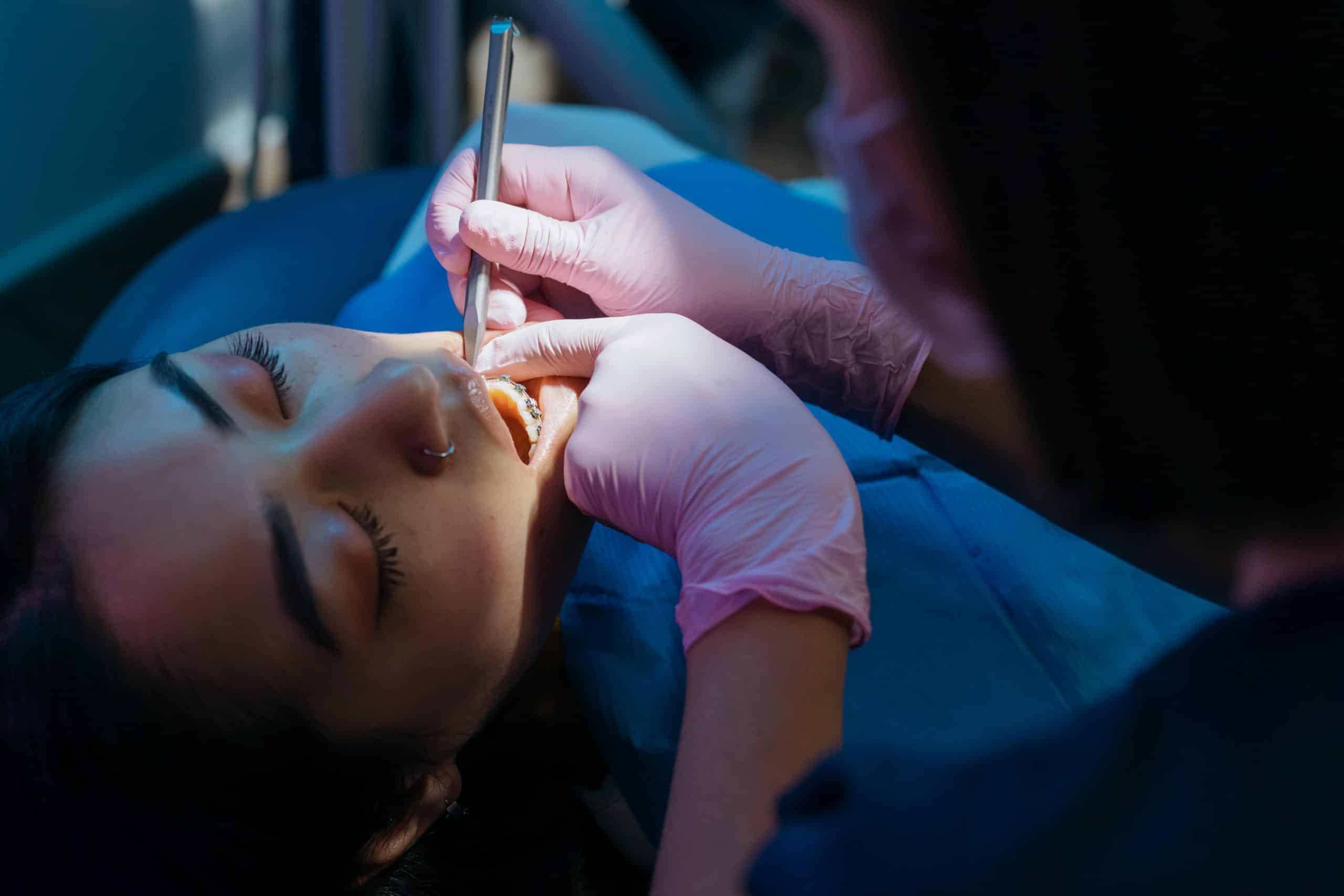
If you are curious about what to expect when gettin your wisdom teeth removed, we at The Good Dentist can help explain things.
The very last adult teeth to erupt in your mouth are your back molars, often referred to as wisdom teeth. They usually develop on the upper and bottoms sides of your mouth, around the ages of 17 and 21. Unfortunately, some people do not have enough space in their mouths to fit wisdom teeth without displacing their existing teeth. This can cause several issues.
Wisdom tooth removal is a surgical treatment done at The Good Dentist that removes one or even more wisdom teeth, which are the four lifelong adult teeth positioned at the upper and bottom rear ends of your mouth. Let’s take a look at what to expect while having wisdom teeth extracted:
What to Expect Before Surgery
The operation may be performed in the office by Dr. Ostromecki or Dr. Max. But, if your tooth is badly affected or the extraction necessitates a complex surgical procedure, your dentist may refer you to a dental surgeon. Aside from numbing the region with local anesthesia, your surgeon may recommend sedation to make you more relaxed throughout the treatment.
What to Expect During Surgery
Before extracting a wisdom tooth, our team will administer a local anesthetic to numb (sedate) the region where the tooth will be removed. Strong anesthesia may be required, mainly if some or all of your wisdom teeth are being extracted at the very same operation. A local anesthetic relieves discomfort throughout the body and puts you to rest throughout the surgery. To be ready for the anesthesia, your dentist will most likely advise you not to consume after midnight before the operation.
To extract the wisdom teeth, Dr. Ostromecki or Dr Max will start opening the gum tissue above the molar and remove any bone concealing the tooth. Next, the doctor will detach the tissue that connects the tooth to the bone before extracting the tooth. To make removal simpler, the doctor may chop the tooth into tiny chunks.
You may require sutures once the tooth is extracted. Most stitches disintegrate with time, while others must be taken after some days. The dentist will advise you whether or not your stitches should be taken. A folding cotton gauze pad put over the incision will assist in stopping the bleeding.
What to Expect After Surgery
- The healing time is usually only a few days longer. Take the pain relievers as directed by your dentist or oral surgeon. The following suggestions can assist you in hastening your recovery.
- Bite lightly on the gauze pad regularly, and replace pads when they become drenched with blood. If you are still bleeding 24 hours following your procedure, contact your dentist or dental surgeons.
- Do not lie down flat. This might extend the bleeding. Pillows can be used to support your head.
- After surgery, take it easy. Physical exercise might cause more bleeding.
- Soft meals, like gelatin, pudding, or a light soup, should be consumed.
- As your healing continues, progressively include solid meals into your diet.
- Over an initial couple of days, avoid using a straw. Trying to suck on a straw might cause the blood clot to break apart and delay recovery.
- After 24 hours, wash your mouth softly with lukewarm saltwater many times each day to lessen swelling and soreness. Create your saltwater by combining one teaspoon of salt with a medium-sized cup of lukewarm water. Do not swish the water vigorously. This can cause the blood clot to dissolve and the healing process to take longer.
- Smoking should be avoided for at minimum 24 hours following surgery. This sucking motion has the potential to dislodge the clot and postpone healing. Furthermore, smoking reduces blood flow and might introduce infections and pollutants into the operating room.
- Prevent rubbing or contacting the region with the tongue or fingertips.
- Keep brushing your teeth and tongue with attention.
- If necessary, your dentist will release the sutures after some days.
If you have any questions or concerns do not hesitate to give us a call at 262-538-0892 or you can book your appointment online.

